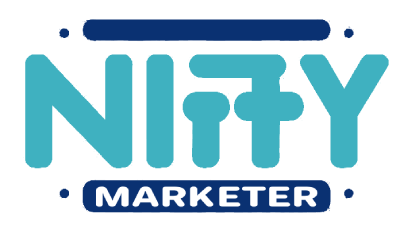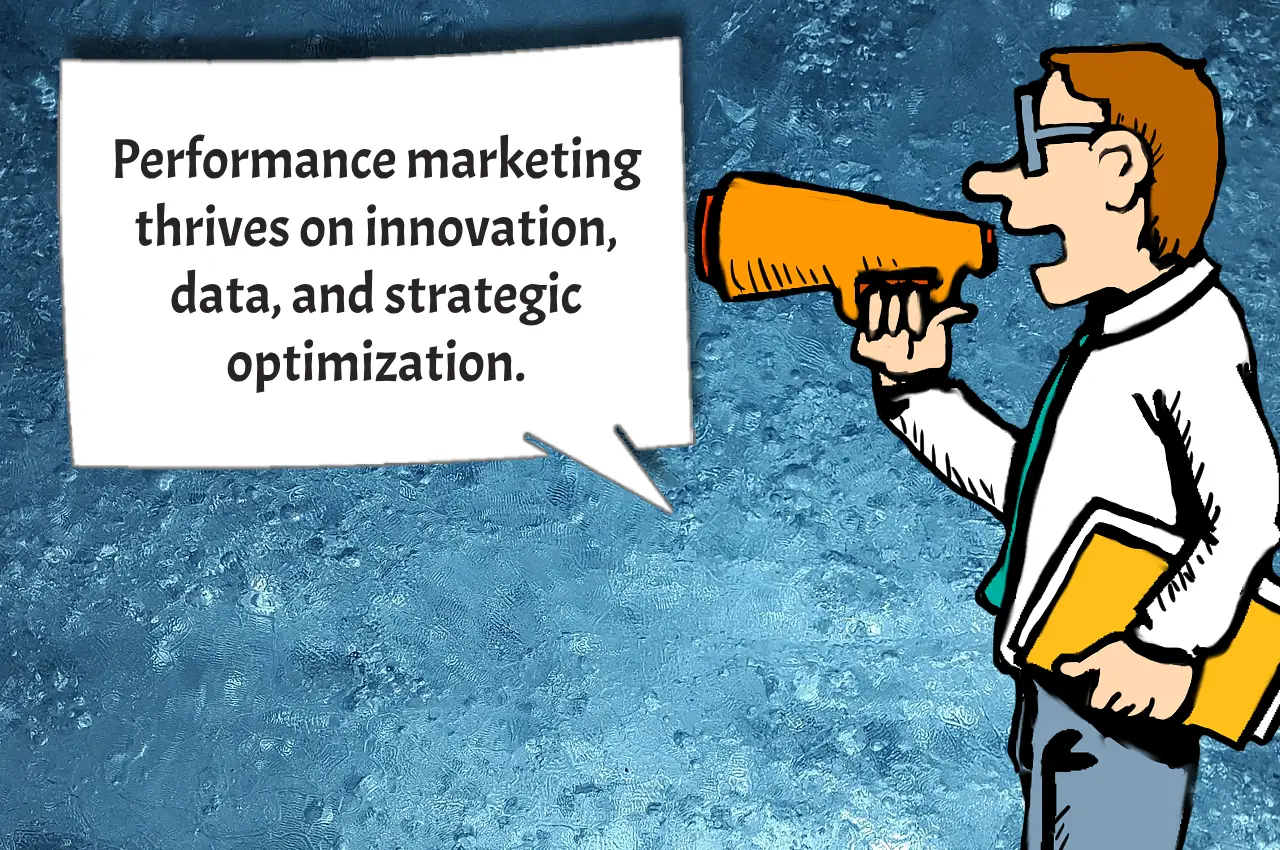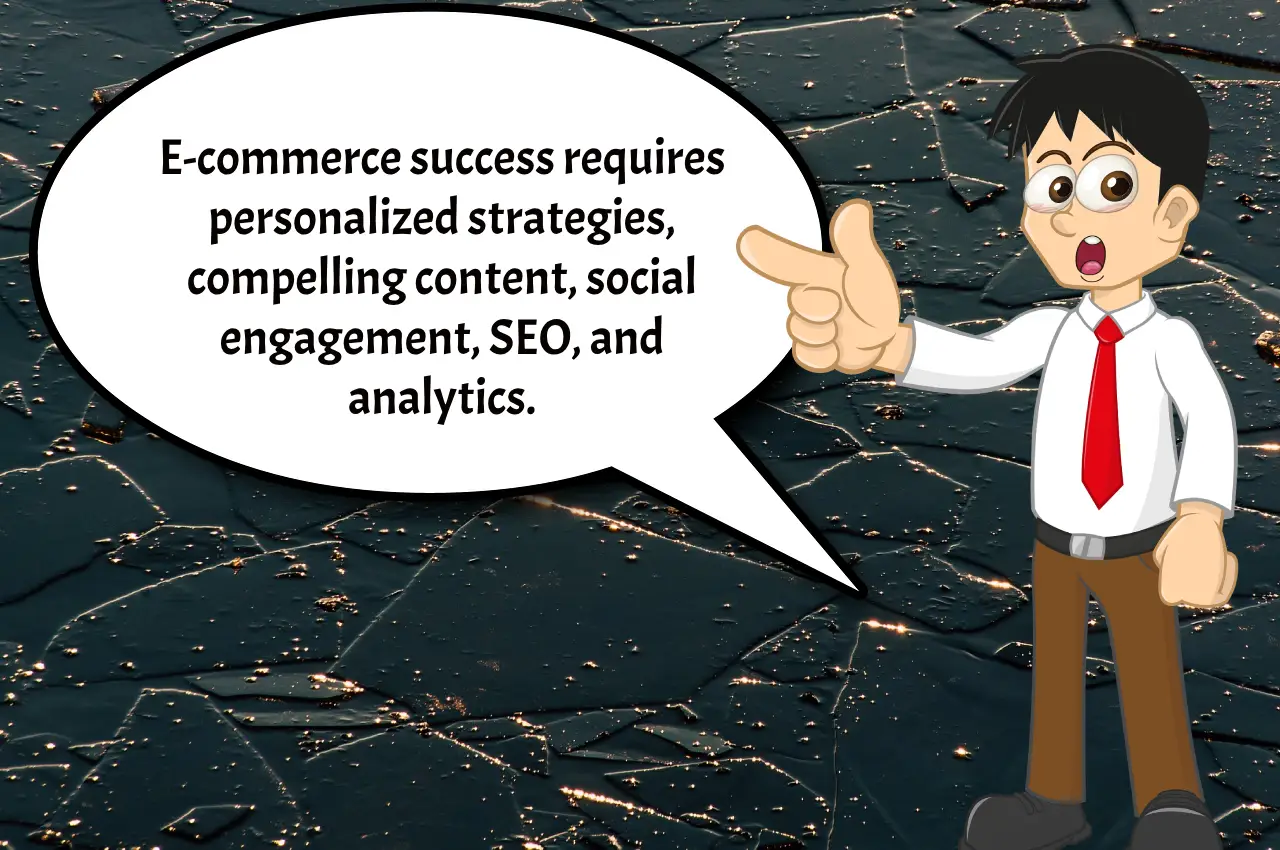Welcome to the dynamic world of performance marketing, where innovation and strategy converge to drive results. Today, we embark on a journey through the realm of ad tech, exploring the tools and platforms that empower marketers to optimize campaigns, engage audiences, and achieve their goals. In this guide, we’ll navigate the landscape of performance marketing, uncovering key strategies, tools, and platforms that elevate your advertising efforts.
Understanding Performance Marketing:
Performance marketing isn’t just about reaching audiences; it’s about driving specific actions, whether it’s clicks, conversions, or sales. Unlike traditional advertising, performance marketing focuses on measurable outcomes, allowing marketers to track ROI and optimize campaigns in real-time.
Unlocking the Power of Data:
At the heart of performance marketing lies data – the fuel that powers effective campaigns. By leveraging data analytics tools and platforms, marketers gain valuable insights into audience behavior, preferences, and trends. Whether it’s Google Analytics, Adobe Analytics, or custom tracking solutions, data-driven decision-making is essential for success in performance marketing.
Crafting Compelling Content:
In the fast-paced world of digital advertising, content is king. From captivating ad copy to stunning visuals, compelling content is essential for capturing audience attention and driving engagement. Platforms like Canva, Adobe Creative Cloud, and Shutterstock offer tools and resources to create visually appealing content that resonates with your target audience.
Exploring Content Personalization:
In the era of hyper-targeted advertising, content personalization has become increasingly important. By tailoring content to individual preferences, behaviors, and demographics, marketers can enhance engagement and conversion rates. Tools like Dynamic Yield, Evergage, and Monetate enable marketers to deliver personalized experiences across various touchpoints, driving deeper connections with their audience.
Utilizing Cross-Channel Attribution:
Understanding the customer journey across multiple channels is essential for optimizing marketing performance. Cross-channel attribution tools like Google Attribution, Adobe Analytics, and Nielsen Marketing ROI enable marketers to attribute conversions accurately and allocate budgets effectively. By gaining insights into the impact of each touchpoint, marketers can optimize their cross-channel campaigns for maximum ROI.
Embracing Video Marketing:
Video has emerged as a powerful medium for engaging audiences and conveying brand messages effectively. Ad tech platforms like YouTube, Vimeo, and TikTok offer opportunities for marketers to create engaging video content and reach a wide audience. By incorporating video into their marketing strategies, marketers can increase brand awareness, drive engagement, and inspire action.
Implementing Conversion Rate Optimization (CRO) Strategies:
Optimizing conversion rates is critical for maximizing the effectiveness of performance marketing campaigns. Conversion rate optimization (CRO) tools like Optimizely, VWO, and Unbounce enable marketers to test and optimize landing pages, forms, and CTAs to improve conversion rates. By continually refining their conversion funnel, marketers can drive more conversions and achieve their business objectives.
Harnessing the Power of Voice Search:
With the rising popularity of voice-activated devices like smart speakers and virtual assistants, voice search has become a significant trend in digital marketing. Optimizing content and advertising campaigns for voice search queries can help marketers reach users who rely on voice commands for information and assistance. By incorporating voice search optimization strategies, marketers can stay ahead of the curve and capture valuable voice search traffic.
Implementing Geotargeting and Geofencing:
Geotargeting and geofencing technologies enable marketers to deliver relevant and timely messages to audiences based on their location. By targeting users in specific geographic areas, marketers can tailor their messaging to local preferences and context, increasing the effectiveness of their campaigns. Platforms like Google Ads, Facebook Ads, and AdRoll offer geotargeting and geofencing capabilities to help marketers reach their target audience with precision.
Leveraging User-Generated Content (UGC):
User-generated content (UGC) has become a valuable asset for marketers, providing authentic social proof and engaging storytelling. By encouraging customers to create and share content related to their brand, marketers can amplify their reach and credibility. Platforms like Instagram, Twitter, and TikTok are rich sources of user-generated content, which marketers can leverage to enhance their performance marketing efforts.
Exploring Emerging Technologies:
As technology continues to evolve, marketers must stay abreast of emerging trends and technologies. These can shape the future of performance marketing. From augmented reality (AR) and virtual reality (VR) experiences to blockchain-based advertising solutions, exploring emerging technologies can unlock new opportunities for engagement and innovation. By experimenting with new ad tech, marketers can gain a competitive edge and drive results. This is in the ever-changing landscape of performance marketing.
Harnessing the Power of Social Media:
Social media platforms have become integral channels for performance marketing, offering unparalleled reach and targeting options. Whether it’s Facebook, Instagram, Twitter, or LinkedIn, marketers can leverage these platforms to connect with their audience, amplify brand messaging, and drive conversions. With advanced targeting features and robust analytics, social media advertising is a cornerstone of effective performance marketing strategies.
Optimizing Campaign Performance:
In the ever-evolving landscape of digital advertising, optimization is key to success. From A/B testing ad creatives to refining audience targeting, continuous optimization ensures that your campaigns deliver maximum results. Ad tech tools like Google Ads, Facebook Ads Manager, and LinkedIn Campaign Manager offer powerful optimization features, allowing marketers to fine-tune their campaigns for optimal performance.
Embracing Automation:
Automation is revolutionizing the way marketers manage and optimize their campaigns. From automated bidding strategies to dynamic ad creative, automation streamlines processes and enhances efficiency. Ad tech platforms like Google Ads Smart Bidding, Facebook Automated Rules, and HubSpot Marketing Automation empower marketers to automate repetitive tasks and focus on strategic initiatives.
Exploring Influencer Marketing:
Influencer marketing has emerged as a powerful strategy for driving brand awareness and engagement. By partnering with influencers who resonate with their target audience, marketers can leverage their reach and credibility to promote their products or services. Platforms like Instagram, YouTube, and TikTok offer opportunities for brands to collaborate with influencers and amplify their message.
Utilizing Programmatic Advertising:
Programmatic advertising has revolutionized the way digital ads are bought and sold, offering unprecedented targeting capabilities and efficiency. By leveraging machine learning algorithms and real-time bidding, marketers can reach their target audience with precision and scale. Platforms like Google Display & Video 360, The Trade Desk, and MediaMath enable marketers to execute programmatic campaigns across multiple channels and devices.
Investing in Customer Relationship Management (CRM) Systems:
CRM systems play a crucial role in performance marketing, enabling marketers to manage customer data, segment audiences, and personalize communications. By integrating CRM data with advertising platforms, marketers can deliver tailored messages and offers to their audience, driving engagement and loyalty. Platforms like Salesforce, HubSpot, and Marketo offer robust CRM solutions that empower marketers to build lasting relationships with their customers.
The Future of Performance Marketing:
As technology continues to evolve, the future of performance marketing holds endless possibilities. From AI-driven personalization to immersive experiences, marketers must stay ahead of the curve to remain competitive. By embracing emerging technologies and innovative strategies, marketers can unlock new opportunities and drive even greater results in performance marketing.
Conclusion:
In conclusion, navigating the world of performance marketing requires a strategic approach and the right ad tech tools and platforms. By leveraging data, crafting compelling content, harnessing social media, optimizing campaigns, embracing automation, exploring influencer marketing, utilizing programmatic advertising, and investing in CRM systems, marketers can unlock the full potential of performance marketing. Are you ready to elevate your marketing game? Let’s embark on this journey together and unleash the power of ad tech.
Have questions or insights to share about performance marketing? Leave a comment below and join the conversation!





